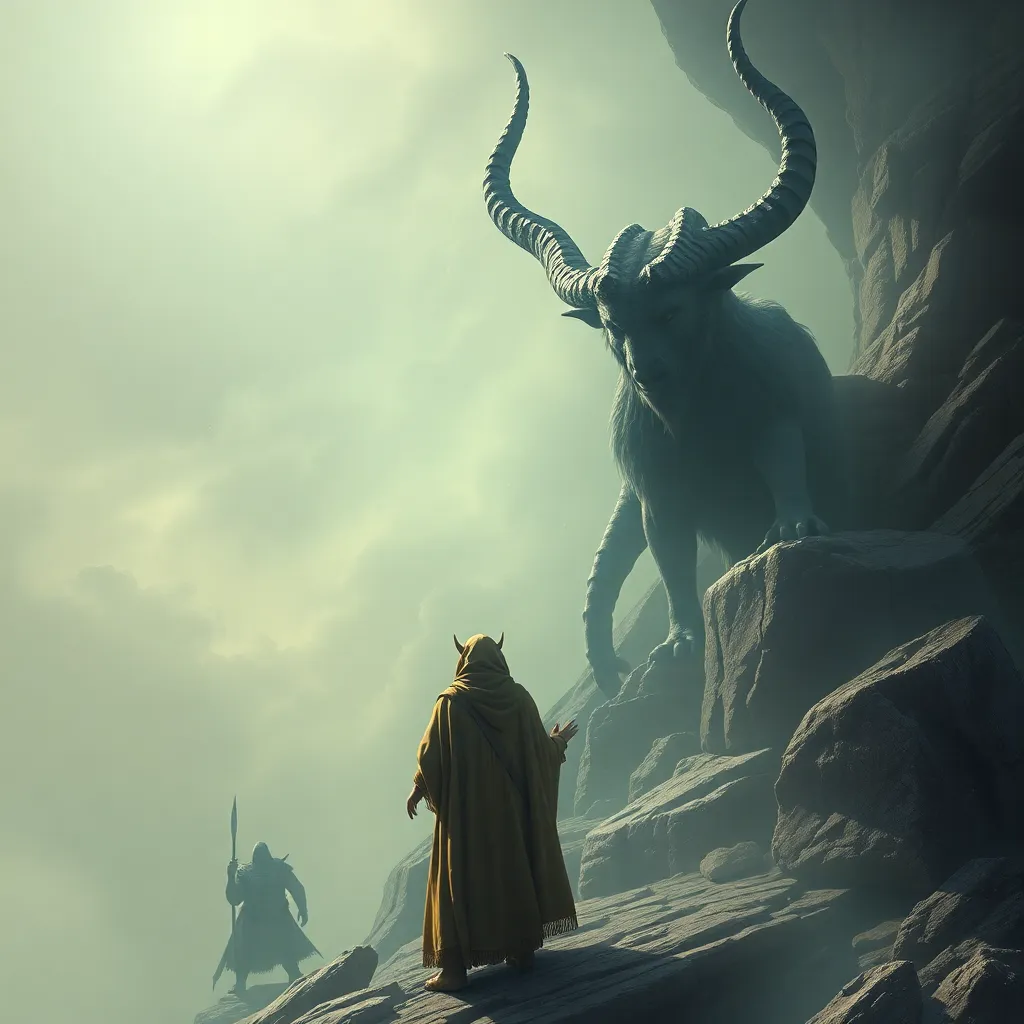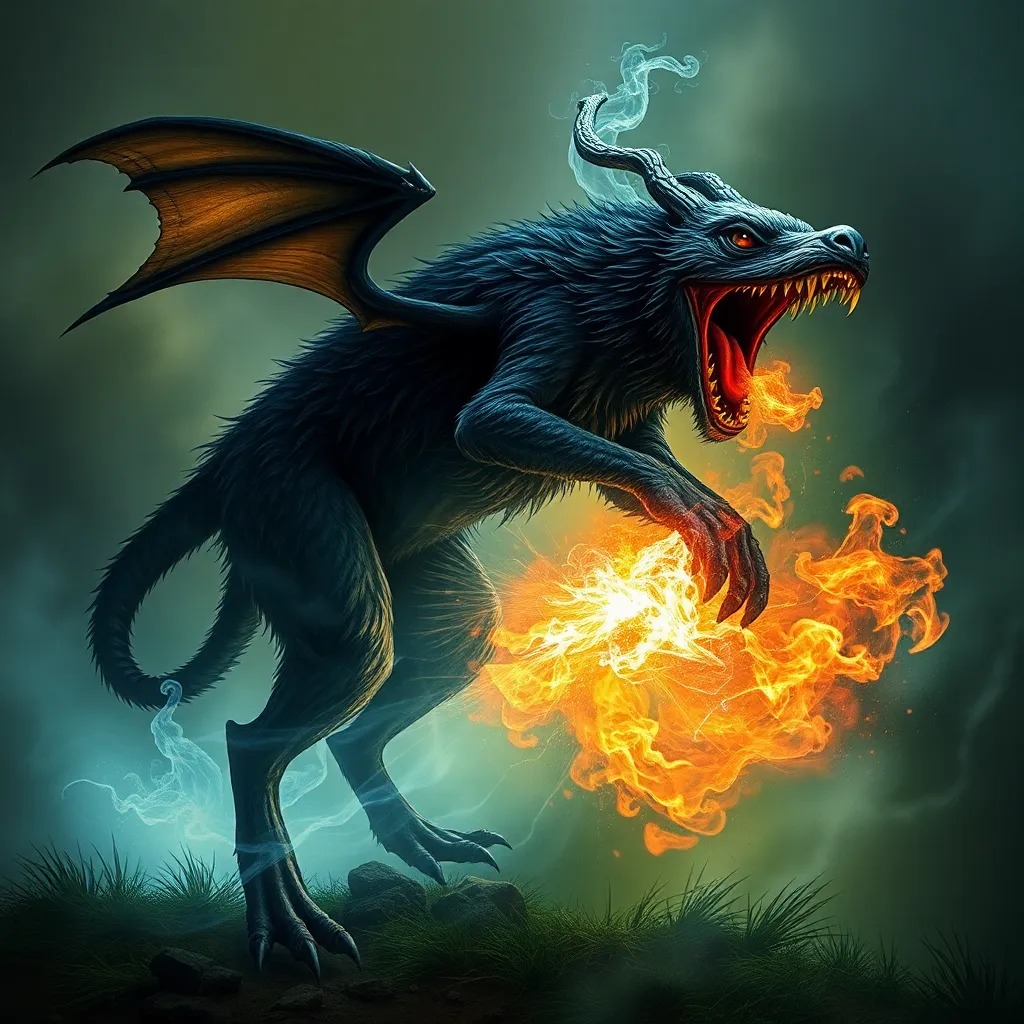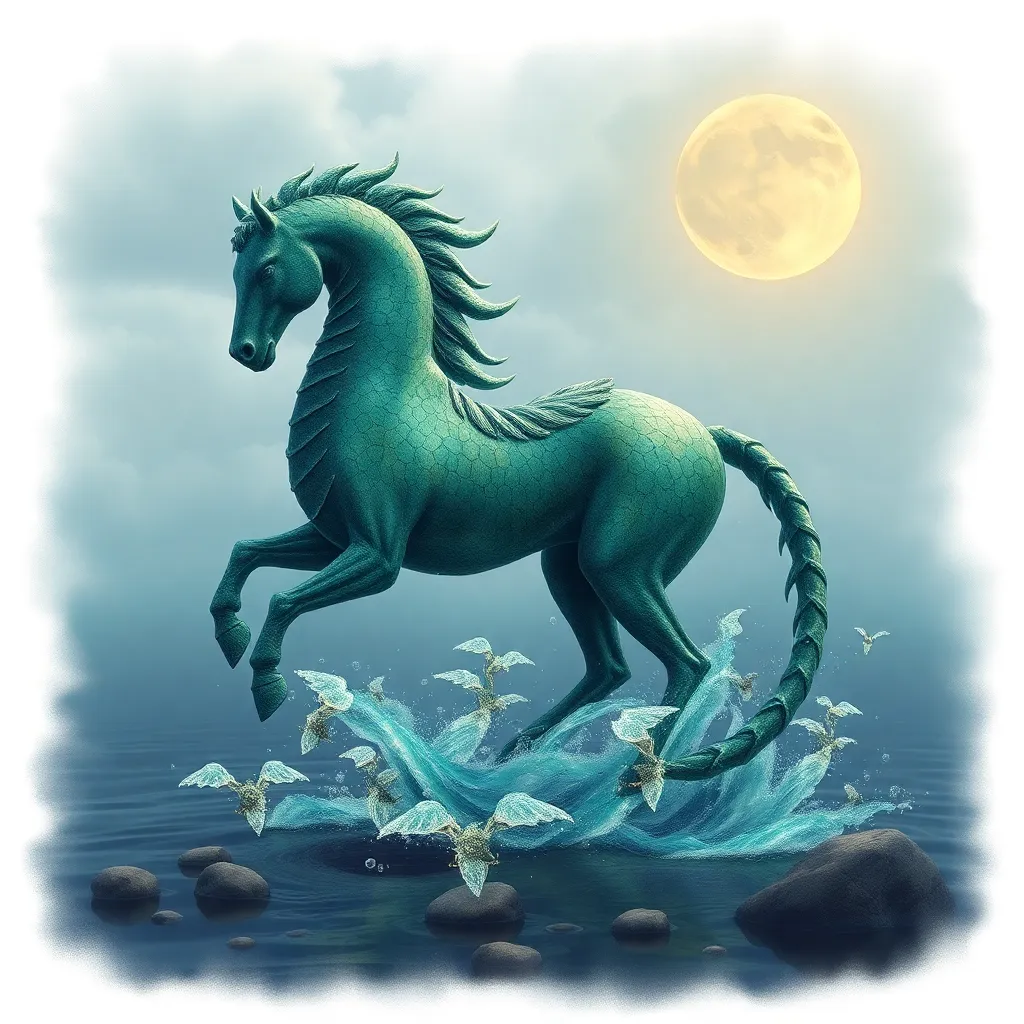The Orcish Quest for Identity: Exploring the Search for Belonging in Orcish Mythologies
I. Introduction
The concept of Orcish identity varies widely across different mythologies, often influenced by cultural narratives and societal constructs. Traditionally portrayed as brutish and aggressive, Orcs have nevertheless been depicted in ways that explore deeper themes of identity, belonging, and community. This article aims to delve into the quest for belonging within Orcish mythologies, examining how these narratives reflect broader human experiences of identity and community.
Understanding Orcish identity is significant not only for fans of fantasy literature and games but also for those interested in the intersections of culture, myth, and social constructs. By exploring Orcish narratives, we can gain insights into how marginalized groups seek belonging and navigate their identities in a world that often misunderstands them.
II. Historical Context of Orcish Mythologies
The origins of Orcish depictions can be traced back to various folklore and literature, often emerging as antagonistic figures in epic tales. From the savage warriors of J.R.R. Tolkien’s works to the complex characters found in contemporary fantasy, Orcs have undergone significant evolution in their portrayal.
- Origins: Early representations of Orcs appeared in European folklore, often connected to themes of barbarism and the ‘Other’.
- Evolution: Over time, Orcish identity has transformed, with modern interpretations emphasizing their complexity and struggles for dignity.
- Key Myths: Iconic stories, such as those found in Tolkien’s Middle-earth, play a crucial role in shaping the contemporary understanding of Orcish culture and identity.
III. The Role of Community in Orcish Identity
Community plays a pivotal role in shaping Orcish identity. Kinship ties and tribal affiliations often define the social structure of Orcish societies, emphasizing the importance of collective identity over individualism.
- Kinship and Tribal Affiliations: Orcish societies are often depicted as close-knit communities where loyalty to one’s clan is paramount.
- Honor and Loyalty: The concepts of honor and loyalty are ingrained in Orcish culture, often dictating social interactions and conflicts.
- Community Influence: Individual identities among Orcs are frequently molded by their community’s values, traditions, and struggles.
IV. Conflict and Alienation: Struggles for Belonging
Despite the strong sense of community, Orcs face significant challenges related to conflict and alienation. These struggles can be both internal and external, impacting their quest for belonging.
- Internal Conflicts: Orcish societies are not monolithic; they often experience internal strife that can lead to power struggles and divisions.
- External Perceptions: Stereotypes and negative portrayals of Orcs as violent creatures often contribute to their alienation from other cultures.
- Impact of War and Displacement: Historical and mythical wars often result in the displacement of Orc communities, further complicating their quest for identity and belonging.
V. Orcish Heroes: Icons of Identity and Belonging
Orcish heroes frequently embody the struggles and triumphs associated with Orcish identity. These characters often navigate complex social landscapes, reflecting the broader search for belonging.
- Notable Characters: Figures such as Thrall from the Warcraft series illustrate the complexity of Orcish identity, showcasing their journey from oppression to leadership.
- Heroism’s Role: Heroic narratives often serve to redefine Orcish identity, presenting them as multidimensional beings capable of greatness.
- Navigating Belonging: Orcish heroes often grapple with their place in the world, seeking acceptance while remaining true to their heritage.
VI. Gender and Orcish Identity
The exploration of gender roles within Orcish mythologies reveals additional layers of complexity regarding identity and belonging. Orcish women, in particular, often navigate unique challenges in their quest for recognition and agency.
- Gender Roles: Traditional depictions often emphasize male dominance in Orcish societies, yet female characters can also play crucial roles.
- Experiences of Orcish Women: Female Orcs often face societal expectations that limit their agency, yet many stories highlight their resilience and strength.
- Intersection of Gender and Identity: The intersectionality of gender and Orcish identity adds depth to the narratives, showcasing diverse experiences within Orcish culture.
VII. Modern Interpretations and Adaptations
In contemporary media, Orcish identities are frequently reinterpreted, challenging traditional stereotypes and offering new perspectives.
- Contemporary Portrayals: Modern fantasy literature and games often depict Orcs as complex characters with rich backstories, moving away from one-dimensional villains.
- Fantasy Literature and Games: Works like “World of Warcraft” and “Dungeons & Dragons” allow for nuanced portrayals of Orcish culture and identity.
- Cultural Appropriation and Representation: While there is a growing appreciation for the complexity of Orcish identity, issues of cultural appropriation and misrepresentation remain important discussions within fandoms.
VIII. Conclusion
In summary, the exploration of Orcish identity and belonging reveals a rich tapestry of narratives that reflect broader human experiences. By examining the historical context, community dynamics, and struggles faced by Orcs, we gain valuable insights into how marginalized groups navigate their identities.
Understanding diverse identities in mythology is essential, as it fosters empathy and appreciation for the complexity of different cultures. Future research on Orcish mythologies can illuminate the ongoing relevance of these themes, contributing to a deeper understanding of identity in a multicultural world.



